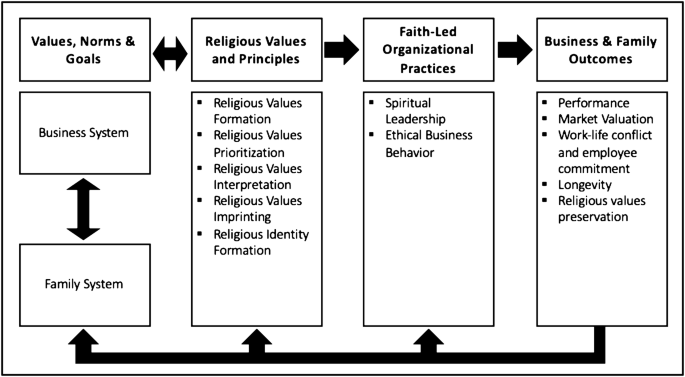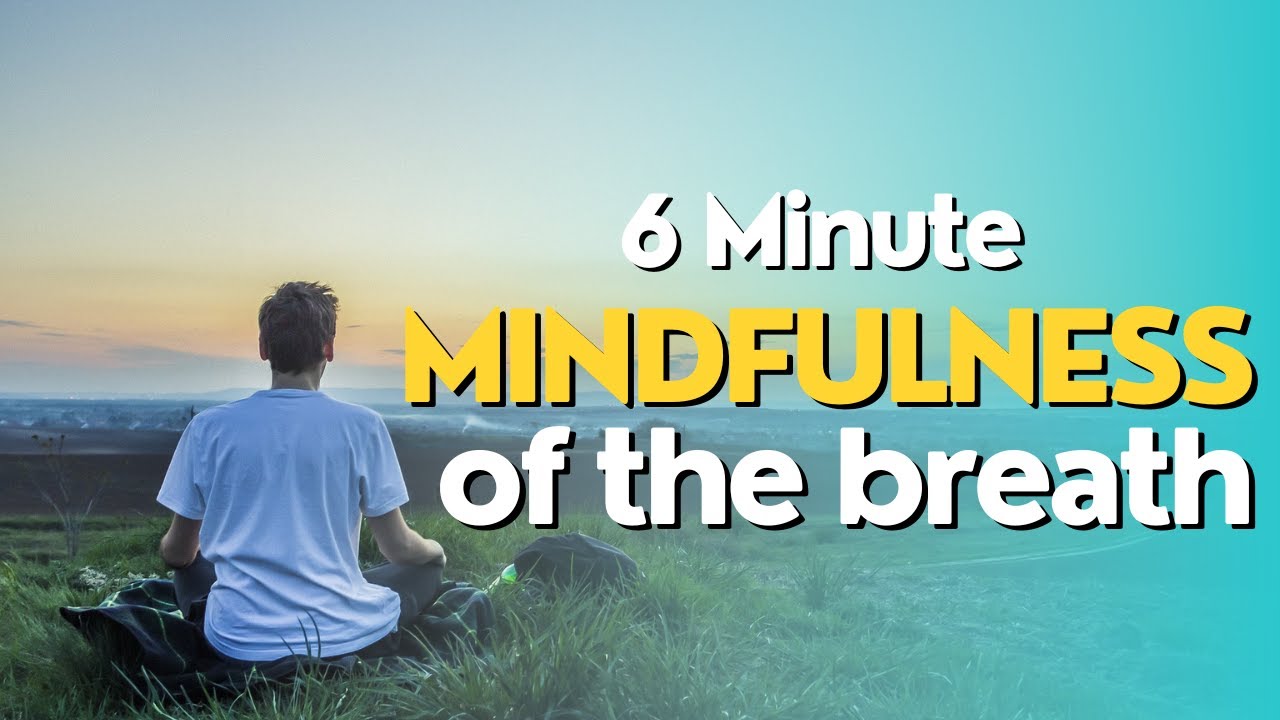If you’re interested in learning more about Buddhism, you’re probably wondering what the core teachings of this ancient tradition are. Buddhism is a complex and diverse set of beliefs and practices that have evolved over the centuries, so it’s difficult to define a single core teaching. However, there are some core concepts that are fundamental to Buddhism that are important to understand in order to gain a deeper insight into this spiritual tradition. In this blog post, we’ll take a look at the core teachings of Buddhism and what they mean for its followers.
The first of the core teachings of Buddhism is the Four Noble Truths. These truth are: life is suffering, suffering is caused by attachment, suffering can be ended, and the path to ending suffering is the Eightfold Path. The Four Noble Truths are the basis of all Buddhist teachings, and they provide insight into the nature of reality and how we should live our lives. The concept of suffering is central to Buddhism, and the goal of the religion is to find a way to end this suffering through mindfulness and meditation.
The Second core teaching of Buddhism is the Eightfold Path. This is the path that all Buddhists must follow in order to reach enlightenment. The path consists of right view, right intention, right speech, right action, right livelihood, right effort, right mindfulness, and right concentration. Each of these components of the path has its own set of instructions on how to live and think in order to reach enlightenment.
The Third core teaching of Buddhism is the Three Marks of Existence. These are impermanence, suffering, and non-self. The concept of impermanence means that nothing in life is permanent, and that everything is constantly changing. The concept of suffering is that life is full of suffering, and the only way to end this suffering is to practice the Eightfold Path. The concept of non-self is that there is no permanent self, and that we should focus on our actions rather than our individual identities.
Finally, the Fourth core teaching of Buddhism is the Five Precepts. These precepts are to abstain from killing, stealing, sexual misconduct, lying, and taking intoxicants. The Five Precepts are the basis of Buddhist morality and provide guidance on how to behave in a moral and ethical manner.
These core teachings of Buddhism provide insight into the beliefs and practices of this spiritual tradition. By understanding these











